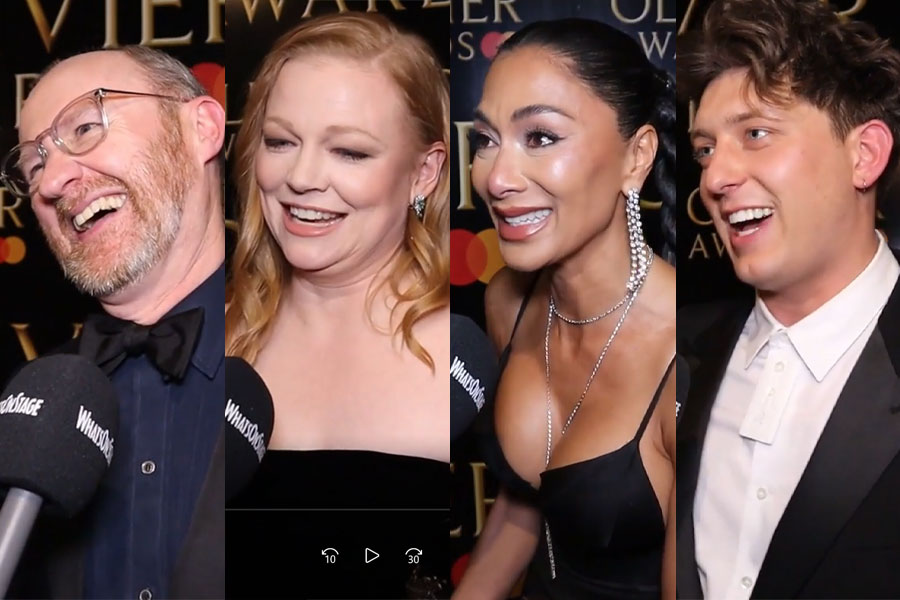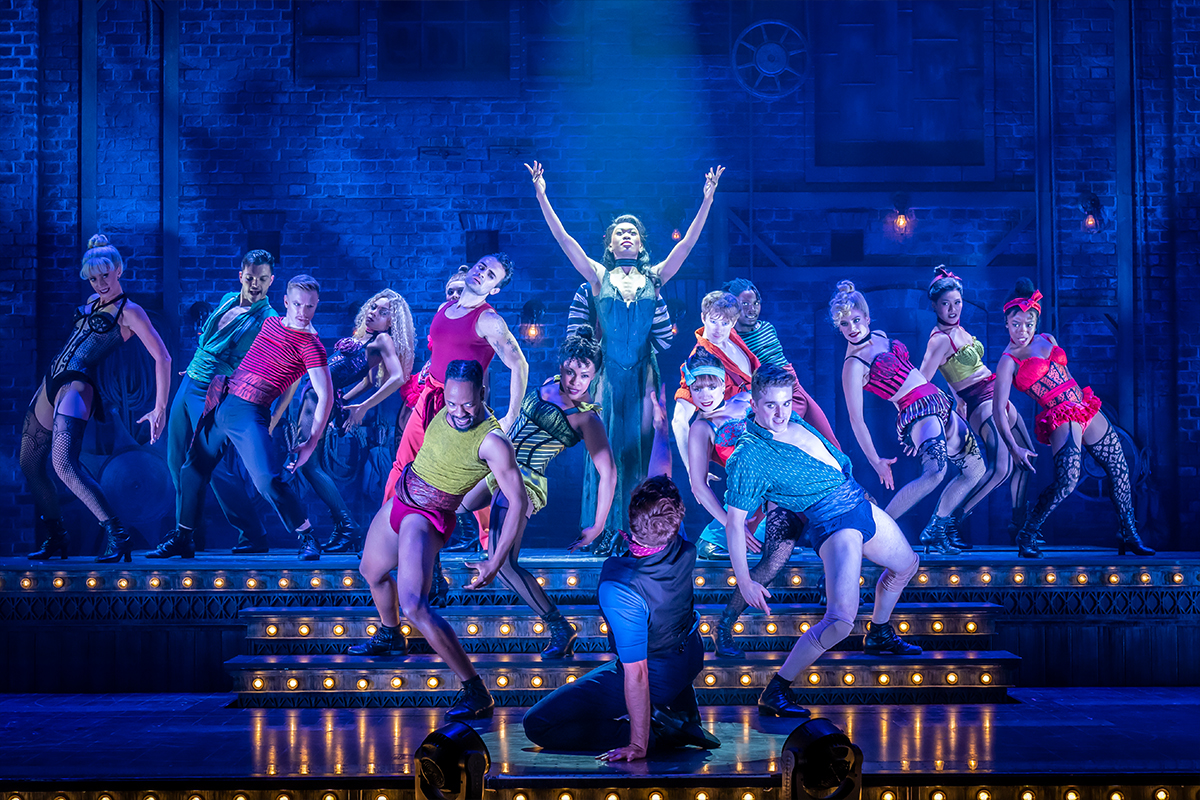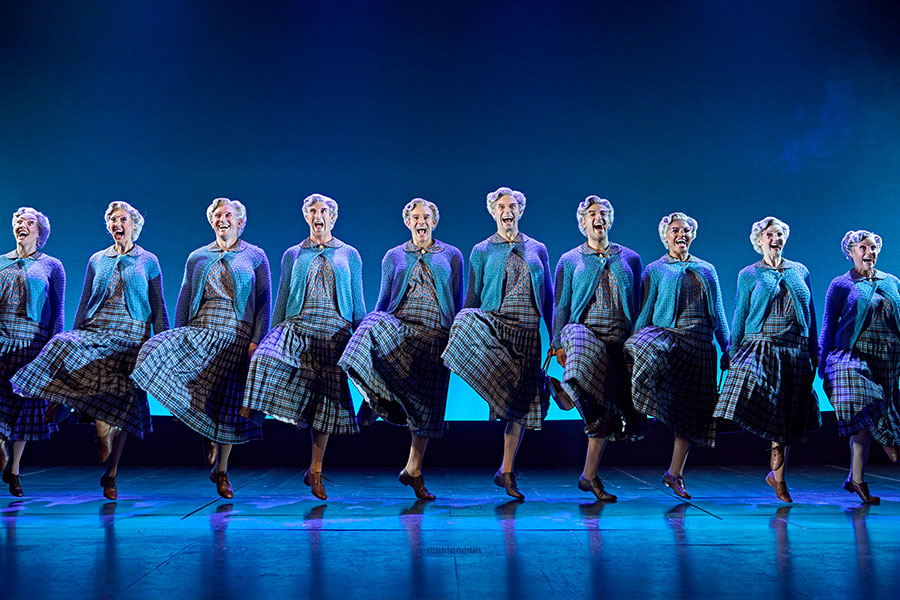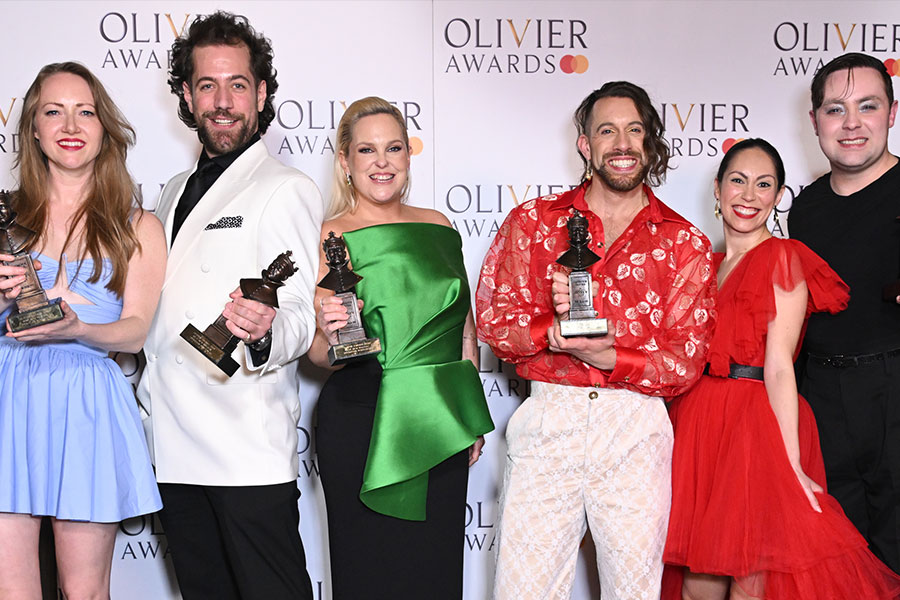Afterplay
Irish playwright Brian Friel recently caused a stir with Sam Mendes’ production of Uncle Vanya at the Donmar Warehouse. The Donmar programme credited that classic drama as “by Brian Friel, a version of the play by Anton Chekhov”, which seemed to rather stretch the definitions of authorship and adaptation. With this West End opening following a mere two days later, Friel lays his claim not just to the existing work of his imminent Russian predecessor but also to the lifelong development of his characters.
Afterplay picks up the stories of two Chekhov characters twenty years later. A sequel then, as so loved by filmmakers onto a money-spinner, but with a significant twist. These characters have never met before and are, in fact, from two different plays. The result is the equivalent, say, of mining the works of Steven Spielberg and ‘reuniting’ a grown-up Elliott from E.T. with one of the kids out of Jurassic Park.
In this case, the re-imagined beings are Sonya, the unrequited lover of Astrov in Chekhov’s Vanya, and Andrey, the failed brother of the Moscow-pining gaggle of Three Sisters. Now older, sadder and more ground down by the destinies and attitudes that were predetermined in the original works, the pair meet in a run-down Moscow café (design by Liz Ascroft) to fill each other – and us – in on family developments during the intervening decades.
Whether a familiarity with Chekhov is an advantage or disadvantage when seeing Afterplay is open to debate. If you don’t know Vanya or the Sisters already, you’ll undoubtedly miss many of the references and the significance of various character outcomes. However, if you do know those plays, you may find much of the dialogue unnaturally expository, retreading plots and reintroducing characters for the benefit of the uninitiated.
Thankfully, this fine line, balancing the needs of the knows and know-nots, is tread as well as can be expected by two exquisite actors – Penelope Wilton and John Hurt – in Robin Lefevre‘s gently paced if largely static production. Despite the years and disappointments, the pair capture the inherent helplessness and childlike nature of their characters, willing themselves to believe their own feigned optimism with a few swigs of vodka and a litany of little ‘fictions’ and ‘fables’.
Their highly accomplished performances combined with Friel’s intriguingly ambitious, if problematic, artistic conceit – to explore “the afterlife of make-believe”, as a programme note puts it – elevate Afterplay despite the slightness of its 70 minutes.










